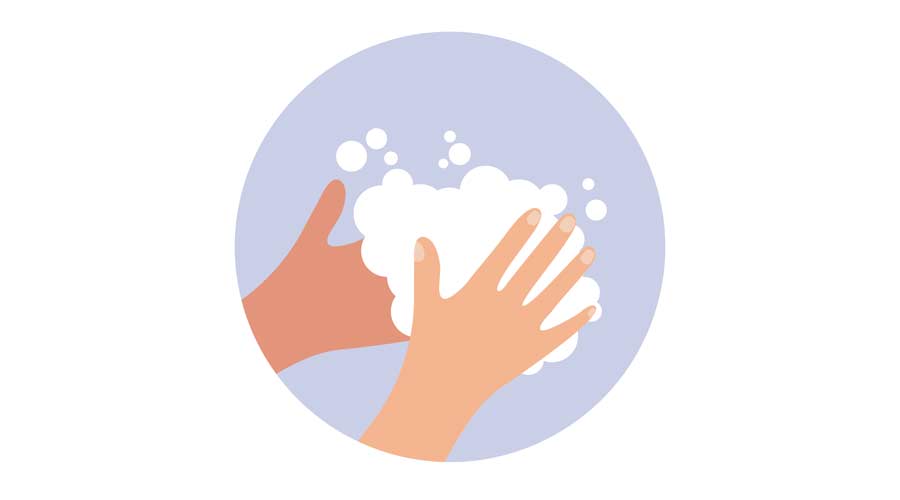
According to proprietary research conducted by GP PRO, a division of Georgia-Pacific helping to advance hygiene in healthcare and a wide range of other market segments, five common barriers, all related to inconvenience, prevent healthcare workers from consistently complying with their facility’s hand hygiene protocol.
According to the research, when healthcare clinicians were asked why they were unable to adhere to their facility’s hand hygiene policy all of the time when using an alcohol-based hand rub, the top five ranked reasons were: emergencies requiring immediate attention (66 percent); a busy schedule or full workload (66 percent); malfunctioning, broken or empty hand sanitizer dispensers (51 percent); hands being full and, therefore, unable to access a dispenser (50 percent); and difficulty sanitizing hands during glove-on / glove-off process (50 percent).
“Lack of hand hygiene compliance primarily comes down to inconvenience,” says Ronnie Phillips, Ph.D., senior director of innovation with GP PRO’s Healthcare division. “These healthcare workers know their facility’s policy, and they want to follow that policy; but our research shows that the very nature of their jobs in combination with the nature of how hand sanitizer is made available to them prevents them from doing so.”
Previously shared GP PRO proprietary research findings show that 82 percent of healthcare workers are very aware of their facility’s hand hygiene policy, but only 39 percent follow it at all times. “When I saw these numbers, I wanted to know why. Why is compliance consistently at or below 40 percent?” Phillips said. “Now I know, but I’m having a hard time reconciling the fact that healthcare workers face unnecessary barriers to proper hand hygiene, yet their jobs are to restore and maintain patient health. It’s an oxymoron; it just shouldn’t be the case.”
One solution, GP PRO’s research shows, is a wearable alcohol-based hand rub device that both dispenses hand sanitizer and monitors hand hygiene events. In fact, when shown an image of such a device, 56 percent of healthcare workers said it would be very or extremely effective at increasing hand hygiene opportunities.

 The Down and Dirty on Cleaning in Virus Season
The Down and Dirty on Cleaning in Virus Season How Surfactant Use is Expanding in Commercial Cleaning
How Surfactant Use is Expanding in Commercial Cleaning